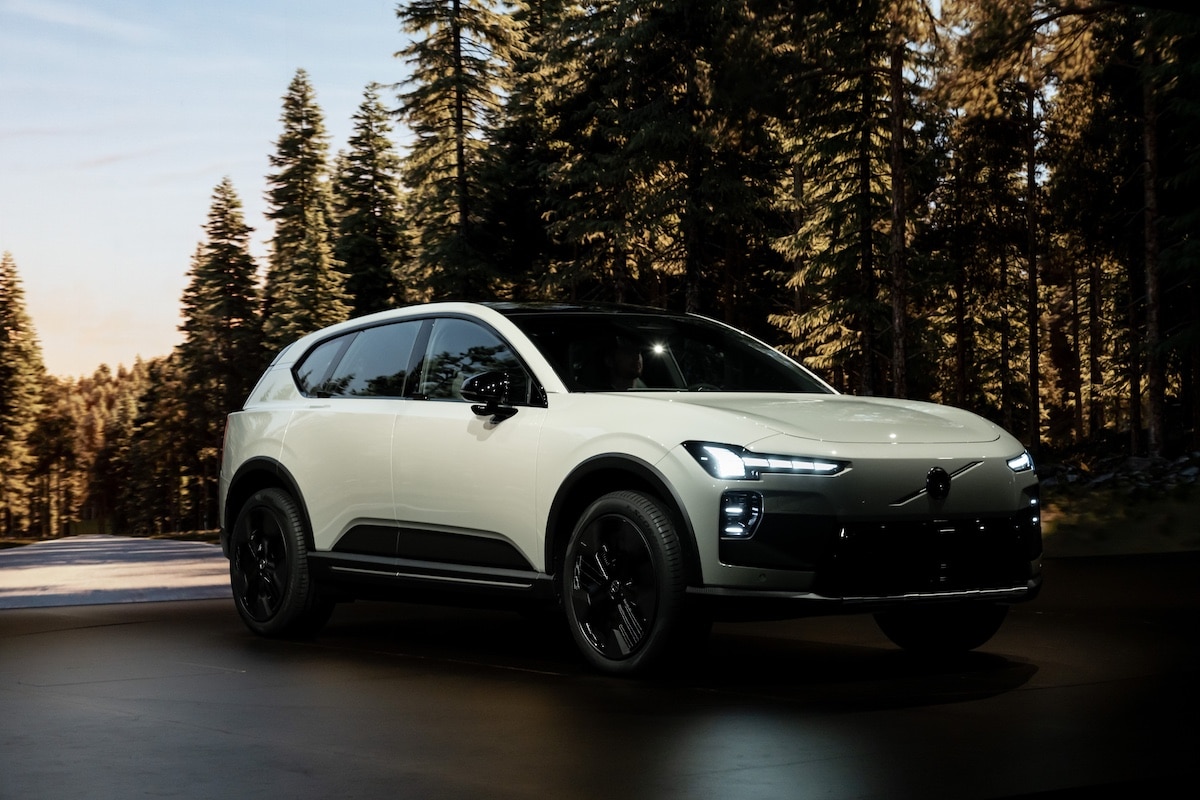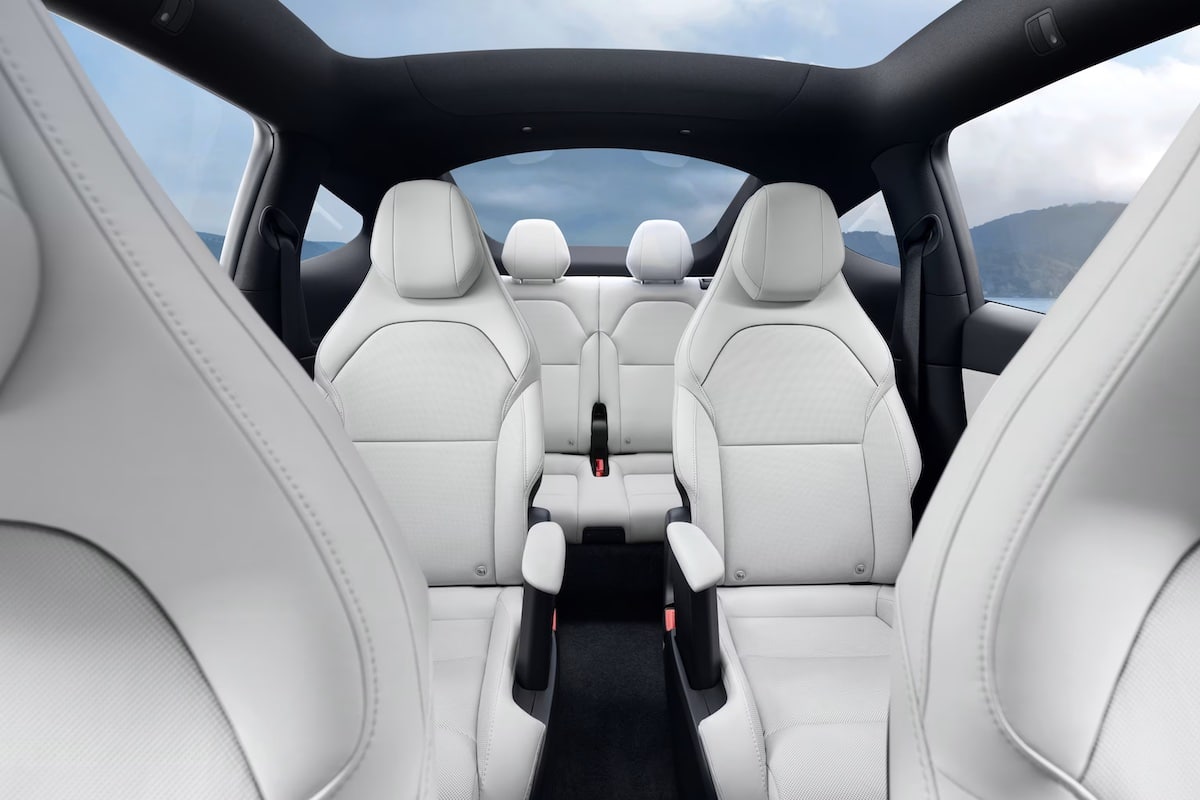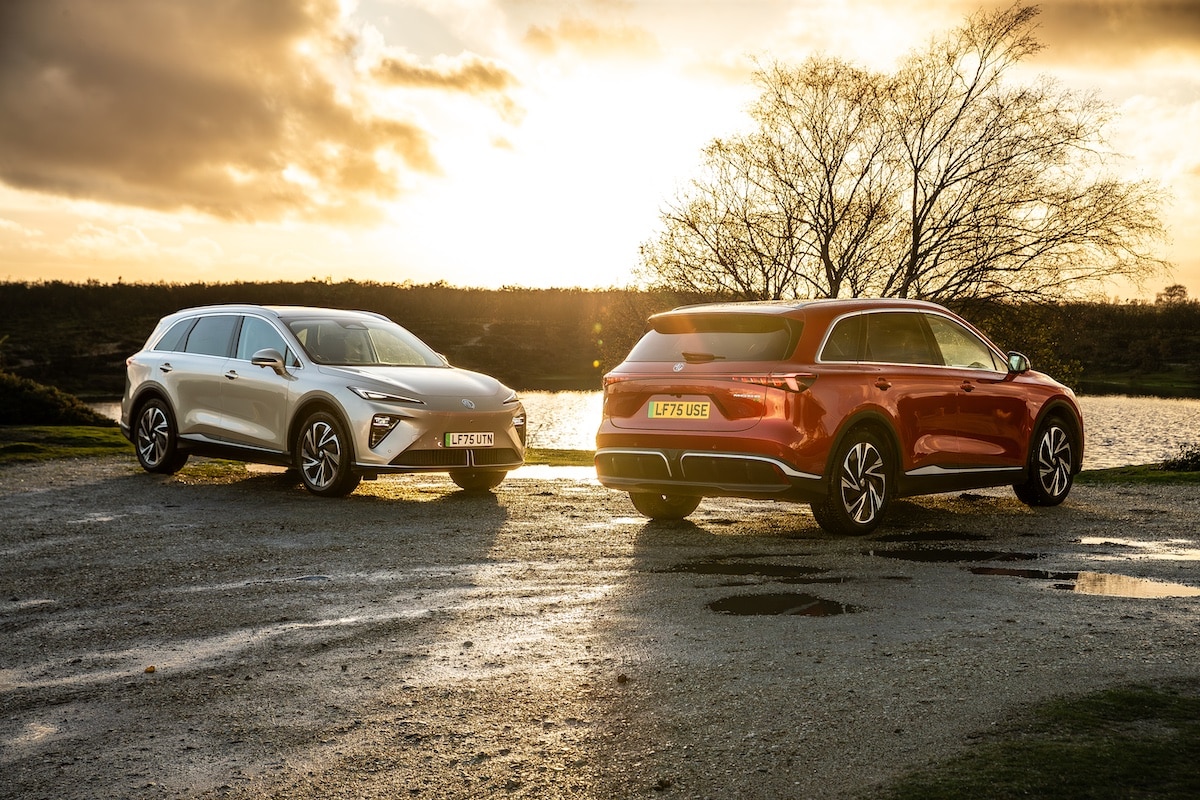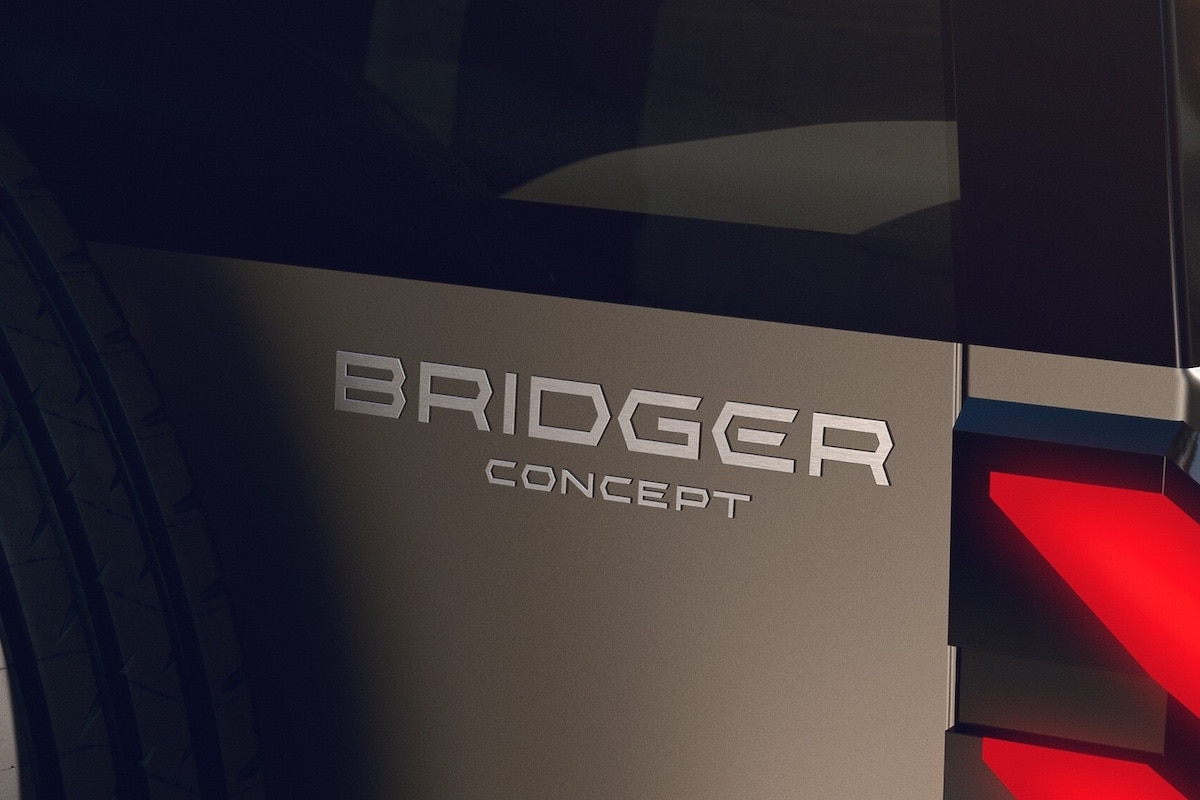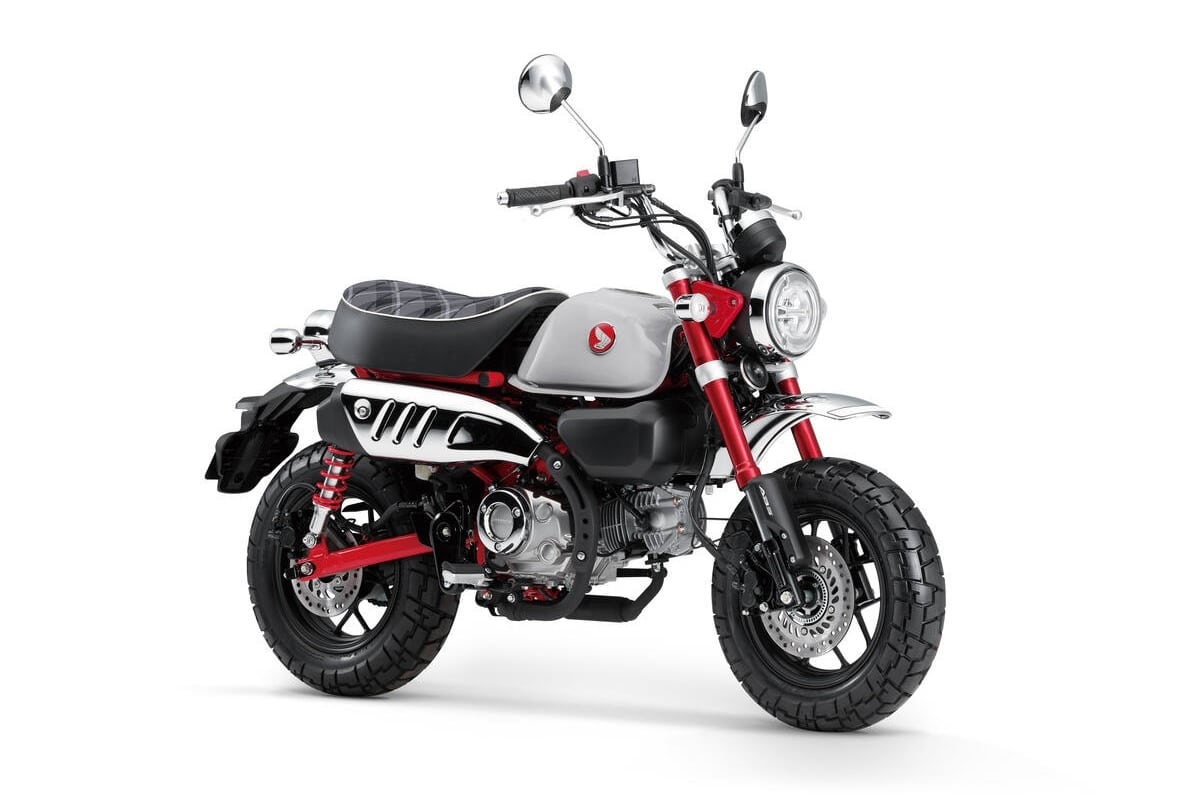Tesla targets the most promising global market
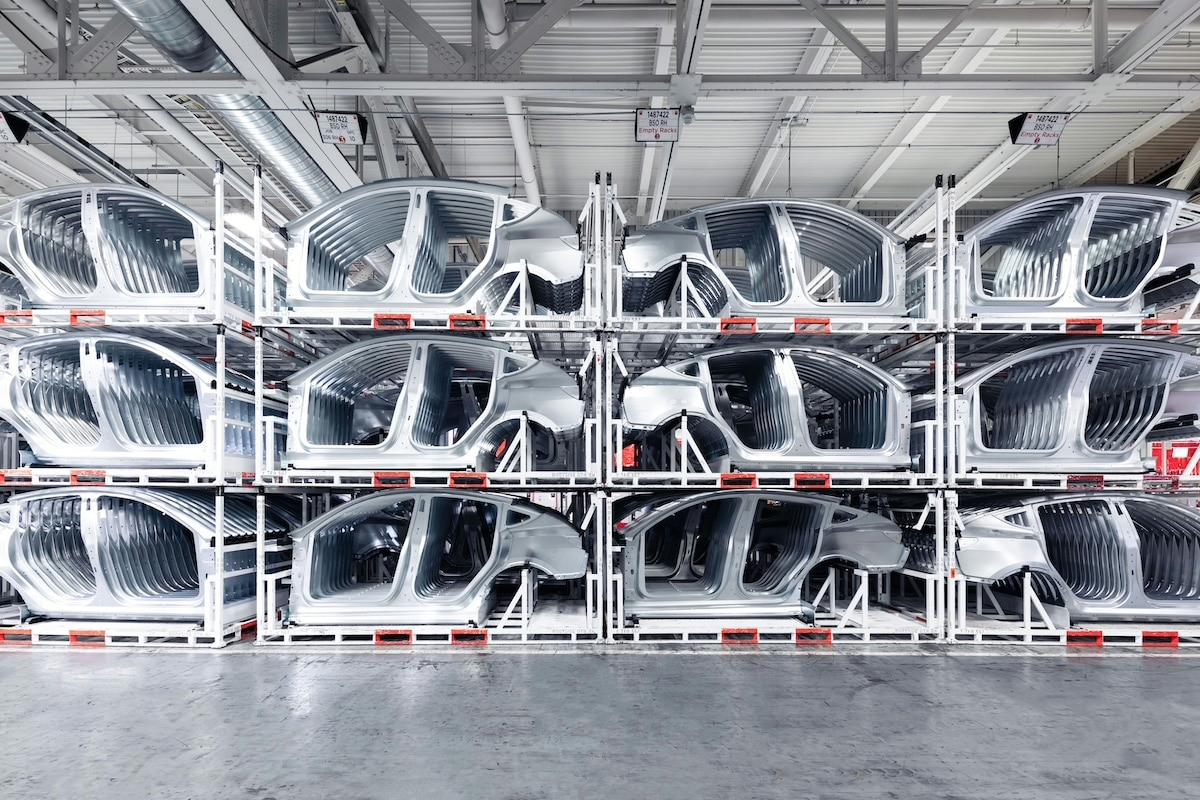
Tesla is preparing to break ground on its first assembly plant in India, with a market entry expected in 2026.
Tesla is actively exploring sites in Satara, in the state of Maharashtra, to establish its first assembly plant in India. This decision aligns with the American manufacturer’s strategy to tap into a rapidly growing market while reducing its dependence on China for production and supply chains.
According to Business Standard, the plant would operate under the “Completely Knocked Down” (CKD) model, where vehicles are assembled locally from imported parts. This approach would allow Tesla to avoid hefty taxes on fully imported vehicles, a major hurdle to its entry into India so far.
Beware of the Indian Mirage
Tesla aims to produce its first locally assembled vehicles by the end of the current fiscal year, with commercial sales beginning in April 2026. This project takes place in a context where India, through its incentive policy launched in March 2024, encourages foreign investments in local electric vehicle manufacturing. Companies investing at least $500 million in local infrastructure benefit from reduced customs duties on imported vehicles and battery components.
However, Tesla faces a market with fierce competition. The Indian automotive industry, led by Tata Motors and other local players like Mahindra, has already gained an edge by quickly adapting to domestic needs and developing affordable electric vehicles.
Despite these challenges, Tesla appears determined. The brand has already reserved showroom locations in Mumbai and Delhi and is actively recruiting for its Indian operations. Nonetheless, obstacles remain, including the recent departure of Tesla India’s director, Prashanth Menon, replaced by the Chinese team overseeing local operations.
This expansion could represent a strategic breakthrough for Tesla. By diversifying its production bases, the brand reduces its reliance on China while capitalizing on opportunities in the Indian market, one of the most promising in the world for electric mobility.
This page is translated from the original post "Tesla s’attaque au marché mondial le plus prometteur" in French.
We also suggestthese articles:
Also read
